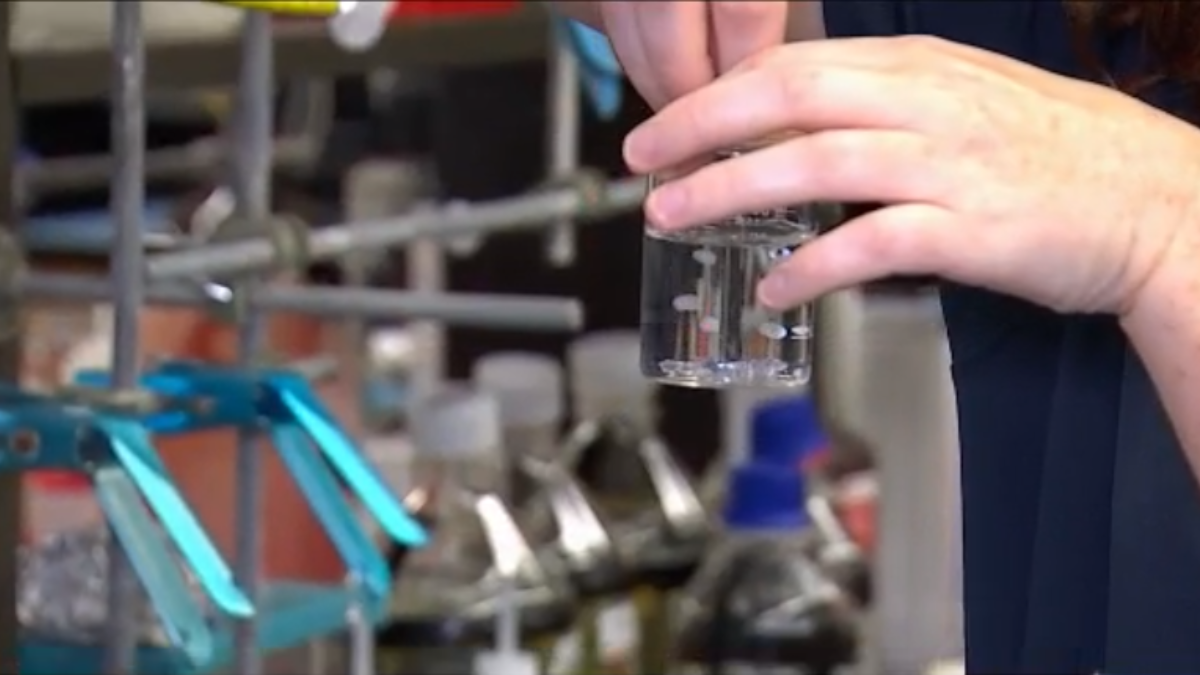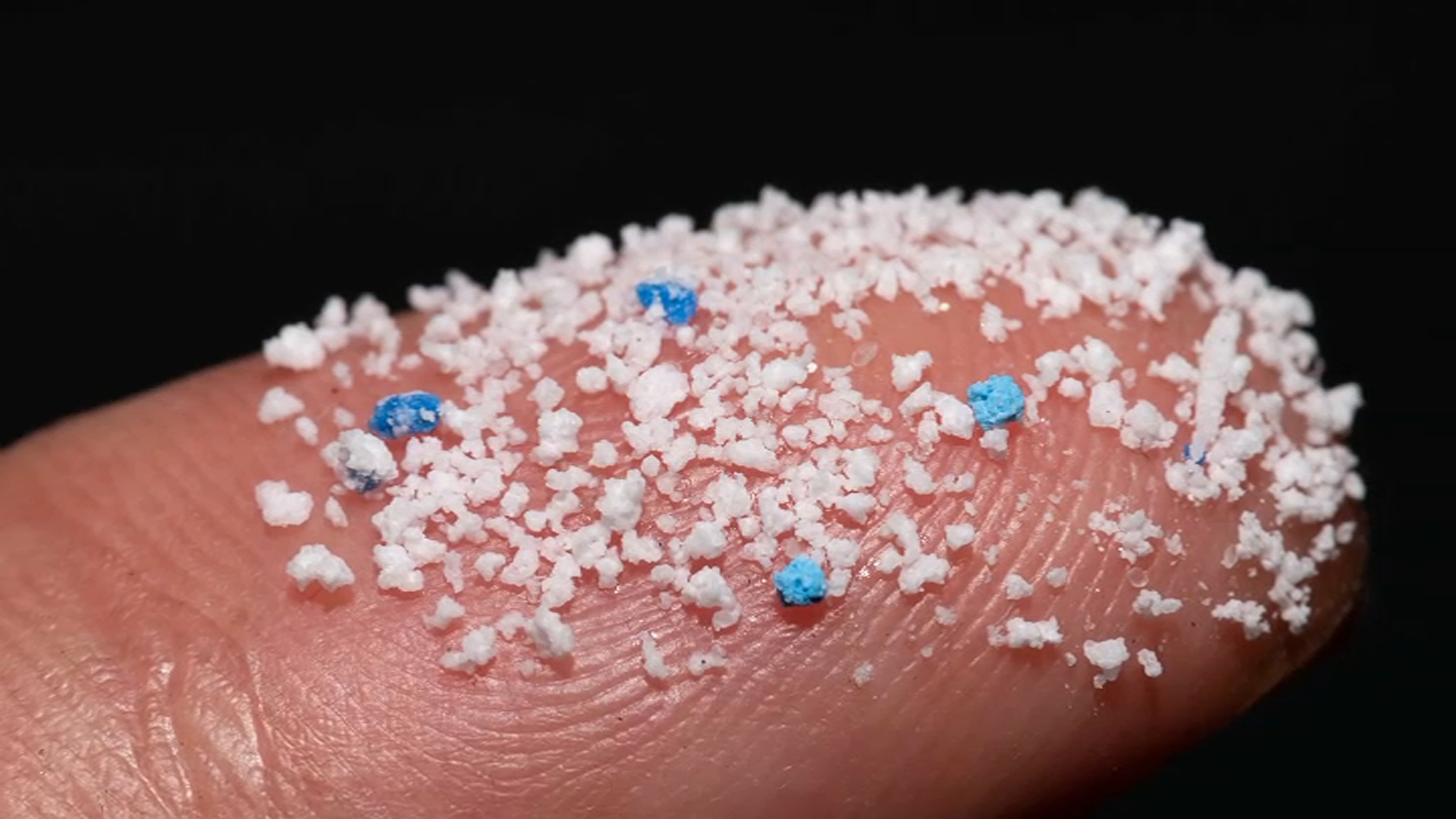In the third installment of "Planet in Crisis: Solutions," NBC6 is speaking with community leaders united in the fight against the plastic invasion threatening our ecosystems.
Olympic swimmer Merle Liivand has seen the plastic waste increase over the years while swimming through South Florida’s Intracoastal canals, picking up trash alongside environmental groups.
“I thought, we have a paradise, but under the paradise, underneath is something else, sadly. It's heartbreaking,” Liivand said. “All these islands here, sadly I have to say when I have swum there, are full of trash.”
“People need to go out there and not just enjoy this paradise, but also give back," she said. "Are we using single plastic or are we finding solutions?”
Get South Florida local news, weather forecasts and entertainment stories to your inbox. Sign up for NBC South Florida newsletters.
This could be as simple as avoiding the use of materials containing microbeads, banned by federal law as additives in toothpaste and facial cleansers -- yet allowed in other personal care products and even in make-up.
“I got so frustrated with that. So, I created my own skincare. And instead of that, I use actually Icelandic volcanic ash,” Liivand explained. “When something frustrates me, I also don't want to go and complain about it. I try to find solutions.”
Planet in Crisis: Solutions
For other activists, the solution involves art and science.
“We bring artists together with climate activists, with scientists, with marine experts, with responsible businesses to help them understand how climate change and pollution are impacting our waterways," environmental activist and Artsail founder Ombretta Agro Andruff said. "We assist them in creating artwork with advocacy value.”
They involve underserved community members in these events, which have attracted over 400 people at times. Measuring the impact of those talks on the public has proven to be difficult. It is done but in less tangible ways.
“People love to hear stories and they eventually fall in love with, let's say, a specific landscape or a specific environment," Andruff said. "When they fall in love with something, they want to protect it.”
Over the past seven years, the non-profit organization "Before it's Too Late" has focused on teaching environmental topics to children through art.
“A lot of times it's just giving kids the exposure to some of these ideas and also making them feel empowerment and agency -- like they actually have a voice or they have some power," founder and creative director Linda Cheung said.
Some of the kids live just miles away from the beach, yet they have never seen the ocean. And their parents are unaware of the issues they face.
“The issues are very important locally and there's a lot of people who are not that aware or that engaged,” Cheung said. “We like to use creative ways to try to engage new people or to engage young people, so that's why we get used to art and we use technology.”
Although they lack statistics to back up the real outcome of these programs, they seek to establish connections across different parts of the community and reach those who are often marginalized.
“We're letting them paint a mural and we're letting them showcase their work on a public beach in a fancy hotel,” Cheung added. “That can be exciting for a kid to know that their work is actually being showcased.”
Due to the economic circumstances of some of the families involved, very few children were able to witness the mural inauguration event this summer. A program constraint both organizations blame on limited funding and the need for additional staff.
Beyond a joint community effort -- laws and policies are also needed to change our plastic-dependent lifestyle. We will delve into that topic on the next installment of "Planet in Crisis: Solutions."



